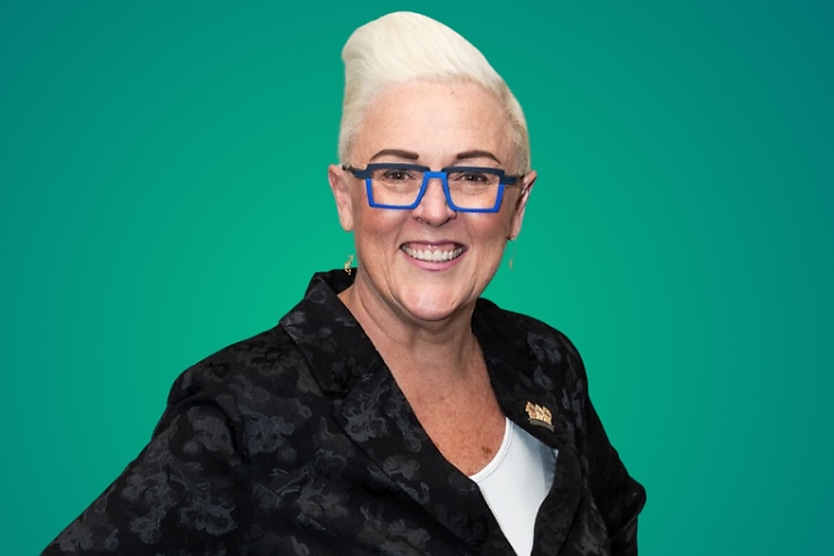‘Discrimination tax’ on working women has run its course
SHARE THIS ARTICLE

Women in the Australian workforce are effectively being taxed at a median additional rate of 19 per cent compared to their male counterparts, says a DEI specialist.
Diversity, equity, and inclusion specialist and campaigner Michelle Redfern has highlighted a discrepancy between women and men workers that shows that women spend nine years of their working career working for free versus their counterparts.
“Study after study points to a stubborn pay gap in the Australian workforce, and it’s now time to call it out for what it is: a discriminatory tax on women’s employment,” she said.
“Worse still, my research reveals that nearly all women feel blocked in their attempts to try and make up the difference by getting promoted due to a lack of targeted in-house training, coaching, and mentoring. Two-thirds (66 per cent) say that their leaders’ coaching and mentoring skills are poor to non-existent.”
Redfern used an analogy that if women, as a collective, decided to unionise, then this very issue would have been dispelled a long time ago.
“If women were unionised as a gender, this unfair discrepancy would have been eliminated years ago. As it is, progress to equality in the workplace is painfully and punitively slow, bound up in opaque policies and flimsy targets,” Redfern said.
Pew Research Centre found that while women make up a total of 54 per cent of the global workforce, they then form the minority when it comes to senior positions, from entry-level manager right through to senior executive.
This coincides with the Workplace Gender Equality Agency (WGEA), which shows that fewer than a third of company board members are women through Australian organisations.
“If businesses won’t invest in developing their women with the strategic, financial and business acumen (BQ) skills that they need to progress, they risk losing talented women to competitors. I see lots of opportunity to help accelerate the progress for them,” Redfern said.
The overall devaluation when it comes to women workers is what disgruntles Redfern, as the 19 per cent gap highlights the blatant disregard for their importance to the Australian workforce and economy.
“What concerns me the most is the implication that women’s work is 19 per cent less valuable than their male counterparts. This isn’t the case, and it’s absurd that across the 45 years of an average career, women are working for nine years free of charge versus their male counterparts. It’s time to speed up the promotion of women, pay them fairly and get rid of the ‘GDT’,” Redfern said.
RELATED TERMS
According to the Australian Human Rights Commission, discrimination occurs when one individual or group of people is regarded less favourably than another because of their origins or certain personality traits. When a regulation or policy is unfairly applied to everyone yet disadvantages some persons due to a shared personal trait, that is also discrimination.
Kace O'Neill
Kace O'Neill is a Graduate Journalist for HR Leader. Kace studied Media Communications and Maori studies at the University of Otago, he has a passion for sports and storytelling.

